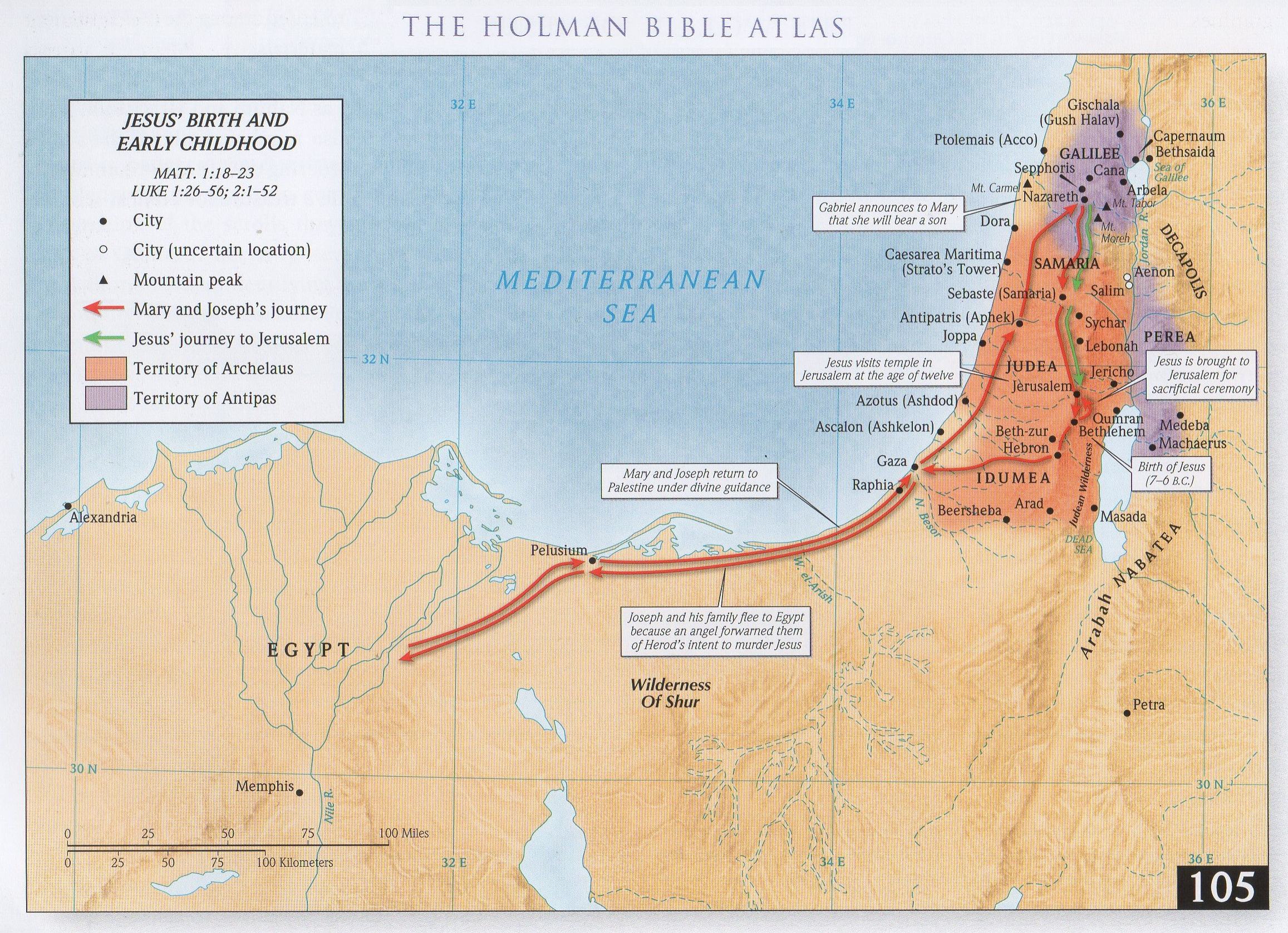Certain towns were named after people. The person Bethlehem came from the line of Judah via Caleb according to 1 Chronicles 2.
Post-Flood lineage: Ephrathah > Hur > Salma > Bethlehem - 1 Chronicles 2:51
Two prior names for Bethlehem were Caleb Ephrathah and Ephrath.

In the Old Testament, Bethlehem appears to have very strong family ties to Caleb & his wife Ephrath. Having come from the tribe of Judah, they had settled into the region where the Jebusites were
known to have dwelled before it was known as the Southern Kingdom of Judah. Bethlehem lies just south of Jerusalem.
Before Bethlehem was known as the town where Jesus was born, it seems to have been called Caleb Ephrathah in
1 Chronicles 2:24 then merely Ephrath in Genesis
35:19 & 48:7.
Ephrathah, who appeared in 1 Chronicles 2:50, was stated as a descendant of Caleb and was named to be the great-grandfather of
Bethlehem. Ephrath was Caleb's wife (notice the spelling difference). Unfortunately, those references relate to Rachel's death after the birth of Benjamin (Jacob's youngest son).
The origins of the name Bethlehem appear to begin as a son of Salma in 1 Chronicles chapter 2, verses
51 & 54.
1 Chronicles 4:4 calls Bethlehem a descendant of Hur.
Often, males are named after prior generations. Such is the case with Hur, who we reconize as a son of Caleb (from the Judah's line via Perez).
Reverting back to 1 Chronicles 2:18-19, we have the reference to Hur.
18. Caleb son of Hezron had children by his wife Azubah (and by Jerioth). These were her sons: Jesher, Shobab and Ardon.
19. When Azubah died, Caleb married Ephrath, who bore him Hur.
The next time Bethlehem was mentioned was in Joshua 19:15 when the Simeonites were allotted land in Judah after the conquest of Canaan.
In Judges 12:8,10, Izban "led Israel" in Bethlehem. Two more minor references to Bethlehem exist in Judges 17 & 19.
By the book of Ruth, the hometown of David's father, Jesse, was stated as Bethlehem. That sets the stage for Jesse and David in 1 Samuel 16, 17 & 20.
2 Samuel 2:32 says that someone named Asahel was buried in his father's tomb at Bethlehem while chapters 21 & 22 speak of the struggle against the Philistines.
1 Chronicles 11:16-26 restates when David stood up to the Philistines in Bethlehem.
Bethlehem next shows during the reign of Rehoboam as a fortified town in 2 Chronicles 11:5-6.
One of the towns that the Israelites were deported from when they were taken into captivity in Babylon was Bethlehem. When fleeing from the Babylonians, a town near Bethlehem was stated in Jeremiah 41:17. Nehemiah 7:26 mentions men taken as captives from Bethlehem while Ezra 2:21 gives the number of men as 123.
Micah 5:2 & John 7:42 prophesy about Jesus' coming while Matthew 2, Luke 2 cover the birth of Jesus.
It's fitting that Jesus Christ was born in a town with strong family ties. He desires for all to want to belong to God's family.